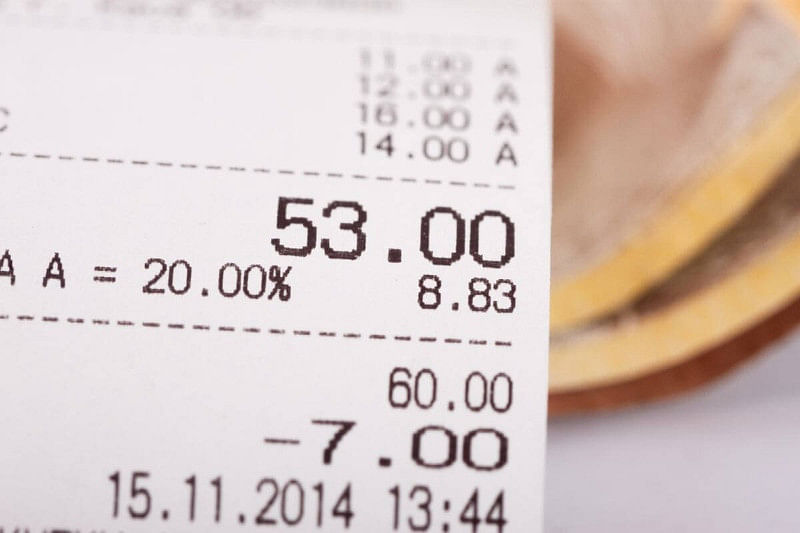Accommodating State Sales Tax Changes in Your San Francisco Bay Area Business

Loading the dishwasher is a daily job in most households. And, to get clean dishes and not melt your plastic to-go containers, you’ll need to arrange things well. And, according to Consumer reports, there actually is a right way to load yours.
While doing the dishes the right way means cleaner dishes, doing things the wrong way won’t have any kind of crazy consequences. But when it comes to your sales tax reporting, doing things wrong could mean big problems for you.
Before I get into that, let’s touch on a couple things:
1. In an effort to continue improving the taxpayer experience, the IRS is creating new business tax accounts. These will simplify tax-related tasks and provide access to tax history, online payments, IRS notices, and authorizations, as well as other ongoing improvements.
2. If you were one of those who incorrectly claimed the ERC, the IRS is offering you a fix: you can withdraw your offer… as long as you meet the requirements.
These are some things you’ll want to make sure you have in order and soon. While the first one will improve things overall for your taxpayer experience, especially in the new year, the second one will keep you away from trouble if you claimed the ERC falsely.
Besides these, there are other updates to sales tax reporting that will require you to evaluate and improve things in your San Francisco Bay Area business so you’re continuing to do things the right way.
Accommodating State Sales Tax Changes in Your San Francisco Bay Area Business
“The secret to selling: don't sell. Help people buy.” ― Jeffrey Gitomer
State and local governments have been increasingly making changes to their sales tax regulations, and 2023 was no exception, particularly the first half of the year. One of the reasons they’re doing this is because they need more money to build roads and run other government programs — all things that have become more expensive because of inflation.
Let this serve as a reminder for businesses tasked with the tracking and payment of state sales taxes to stay on top of those changes. Apart from that, there are other basics to make sure you’re covering as well, and I’ve got two questions for you to assess for your San Mateo business today.
Are you filing zero-due returns?
If you've registered for state sales taxes in a place because you've got a business presence there, even if you didn't actually collect any sales tax, you might think there's no need to file any returns. Well, that's not entirely true. In many states, they want to hear from you, even if you didn't collect a single cent in sales tax.
Most states require businesses with sales tax registration to file returns, even if they didn't collect any sales tax. This is called a zero-due return. Failure to file zero-due returns can result in penalties; filing regularly may allow you to reduce your reporting frequency.
Common scenarios where you might need to file zero-due returns for state sales taxes:
- You need to show valid resale exemption certificates to your suppliers, but you don't have to collect sales tax from your own customers.
- You have occasional taxable sales mixed in with lots of tax-exempt ones.
Can eCommerce systems effectively manage all of your sales tax requirements?
Your eCommerce platform can do a lot, thankfully, but full reliance on it for sales tax compliance can be risky. Economic nexus rules, which vary by state and can change frequently, mean you may have to report even if you haven't collected much tax. Physical presence, like having offices or sales reps, can also trigger these rules. And taxability varies, with some states taxing not just products but also services.
Understanding where your transactions occurred is crucial. Home rule states further complicate matters, as they allow local jurisdictions to set their own tax rules. Marketplace facilitators like Amazon can handle state sales taxes for you, but if you sell through other channels, you still need to monitor your sales to determine if you've reached economic nexus thresholds.
Calculations, tracking of various tax rates, and filing process setup is all part of the whole fun process.
If you're unsure whether you need to file zero-due returns, or you want a software check-up as it relates to your state sales taxes collection process, get signed up for a consult and we’ll take a look:
(408) 775-7790
Close.
Patti ONeill and Gale Bergado